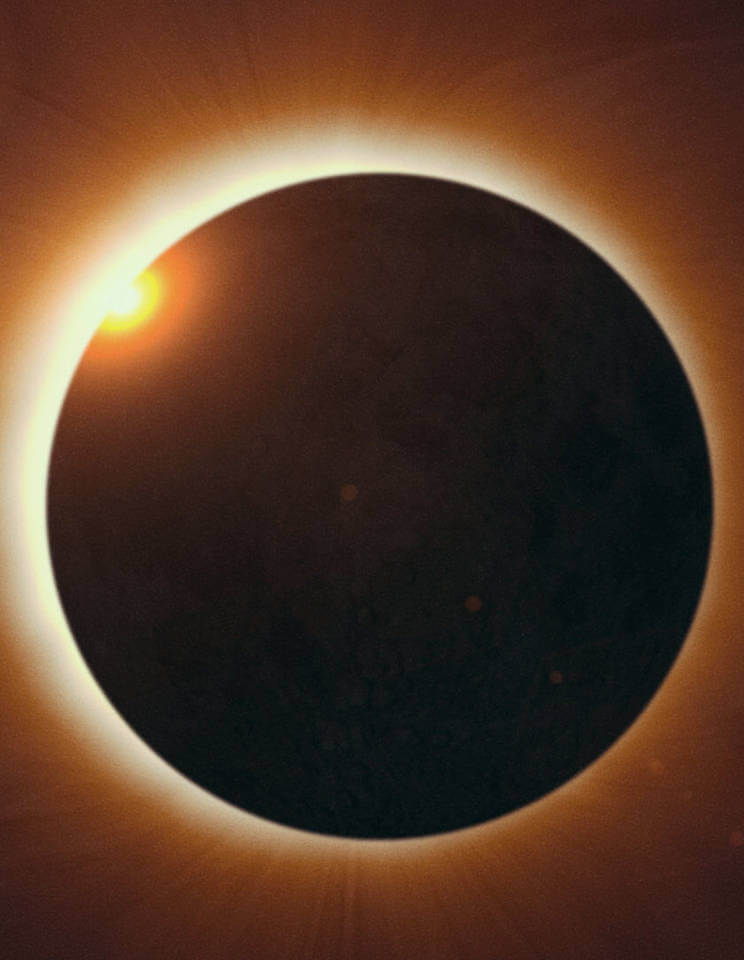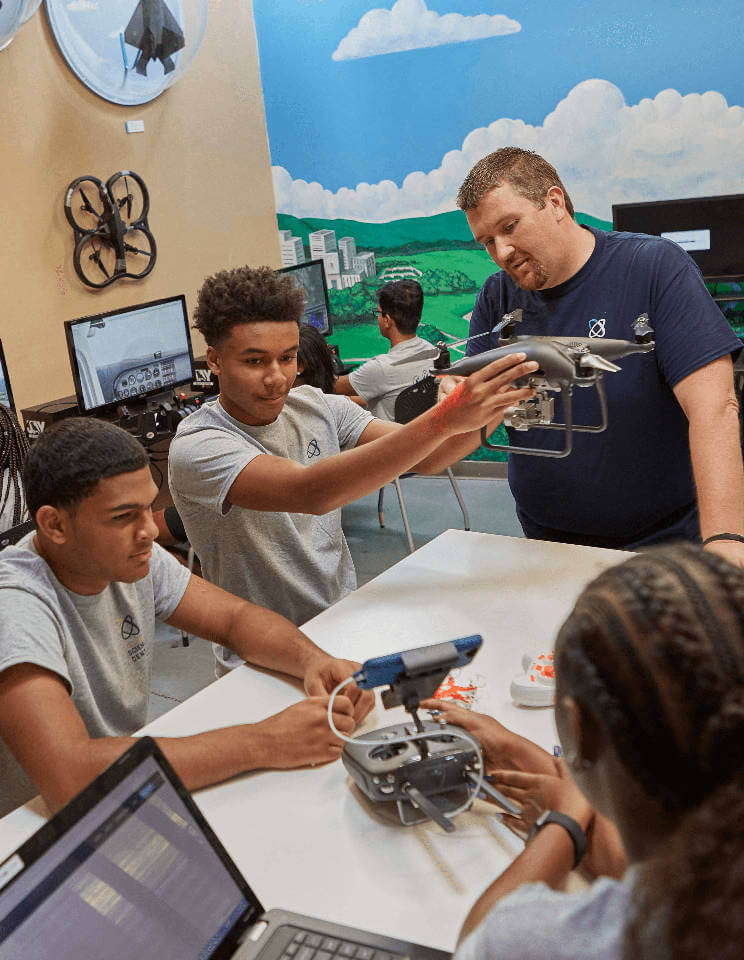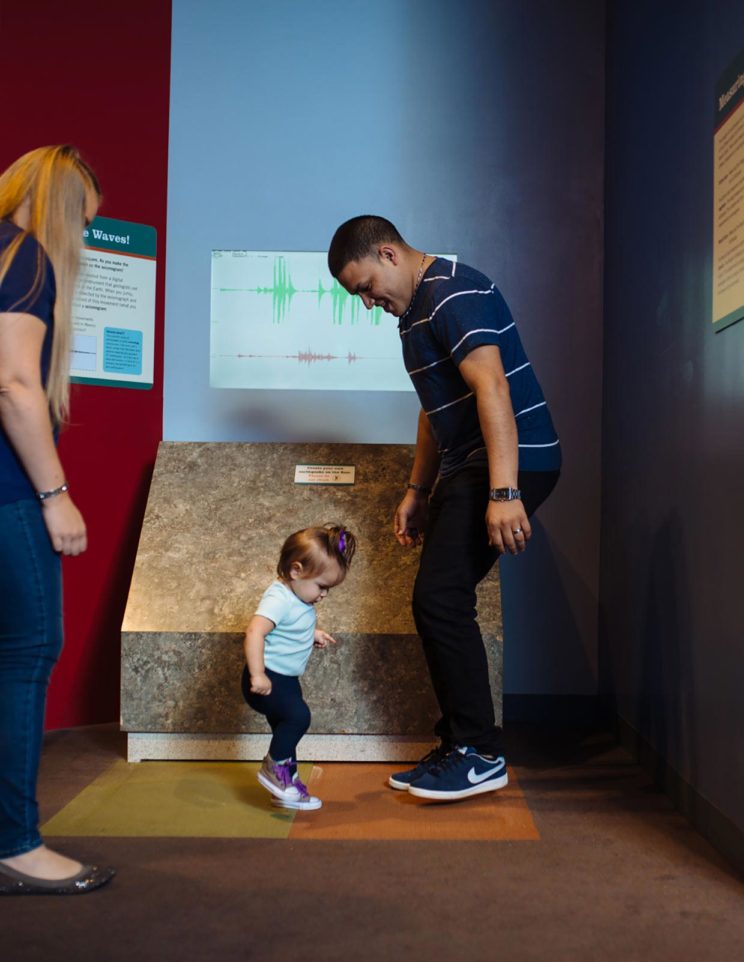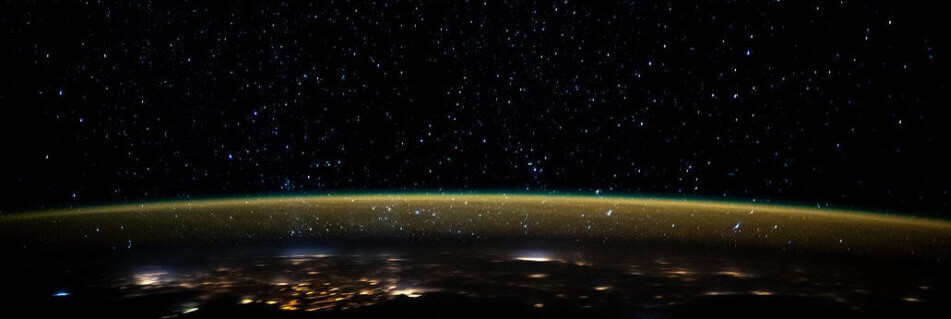July 3, 2022 On this date in 1935, Harrison “Jack” Schmitt was born in Santa Rita, New Mexico. Schmitt flew as one of the astronauts on the last crewed mission to the Moon, Apollo 17. As a geologist, Schmitt became the first trained scientist to step on the surface of our nearest neighbor in space.… Continue reading
Astronomy Fact of the Day: July 2, 2022
July 2, 2022 Tonight the Moon exhibits a waxing crescent phase and will be visible just after sunset. The moon can be found in the western sky near the “sickle” of the constellation Leo the Lion. This image shows the sky as it will look tonight at 9:30 pm with the crescent moon in the… Continue reading
Night Sky Update: July 1 – July 9, 2022
This is the Saint Louis Science Center’s NIGHT SKY UPDATE for the week of Friday, July 1, 2022. Information updated weekly or as needed. Times given as local St. Louis time which is Central Daylight Time (CDT). For definitions of terminology used in the night sky update, click the highlighted text. If relying on times… Continue reading
Astronomy Fact of the Day: July 1, 2022
July 1, 2022 On this date in 2004, Cassini-Huygens became the first spacecraft to reach and orbit the planet Saturn. Approximately 6 months after reaching Saturn, the Huygens portion of the spacecraft was released and landed on Saturn’s moon Titan. Cassini continued to monitor Saturn and the surrounding system of rings and moons until 2017,… Continue reading
Astronomy Fact of the Day: June 30, 2022
June 30, 2022 On this date in 1908, the Tunguska Explosion occurred over a remote region of Siberia, flattening approximately 80 million trees. The 12-megaton explosion is commonly attributed to a meteor air burst, where a large stony meteoroid explodes in Earth’s atmosphere. However, it has recently be theorized that the explosion may have been… Continue reading
Astronomy Fact of the Day: June 29, 2022
June 29, 2022 On this date in 1971, the Soviet spacecraft Soyuz 11 returned from orbit. When the hatch was opened, however, it was found that the crew had perished due to a loss of cabin atmosphere. A pressure equalization valve had opened prematurely during re-entry, causing the loss of all three cosmonauts: Georgy Dobrovolsky,… Continue reading
Astronomy Fact of the Day: June 28, 2022
June 28, 2022 On this date in 1911, the Nakhla meteorite fall occurred. The Nakhla meteorite is a Martian achondrite that fell in in Al Buhayrah, Egypt. It is only one of 5 Martian meteorites to be seen falling to Earth. At the time there were reports that the meteorite hit a dog as it… Continue reading
Astronomy Fact of the Day: June 27, 2022
June 27, 2022 On this date in 2018, the Japanese spacecraft Hayabusa2 arrived at the asteroid Ryugu. Hayabusa2 deployed two rovers and a small lander to the surface of the asteroid in order to collect a sample. A small, artificial crater was blasted into the surface so that a sample could be collected from beneath… Continue reading
Astronomy Fact of the Day: June 26, 2022
June 26, 2022 Tomorrow the June Bootids meteor shower will reach its peak. This variable meteor shower is active from June 22 to July 2 but is predicted to peak at 11 am on June 27. As the Sun is up during this time, the best options to observe will be tomorrow just before dawn,… Continue reading
Astronomy Fact of the Day: June 25, 2022
June 25, 2022 Tomorrow morning at 4:45 am, just before sunrise, it will be possible to observe the Moon approximately 3° from Venus. The moon is nearing the end of its lunar cycle and will appear as a very thin waning crescent. The thin waning crescent moon will be visible very near Venus early tomorrow… Continue reading






